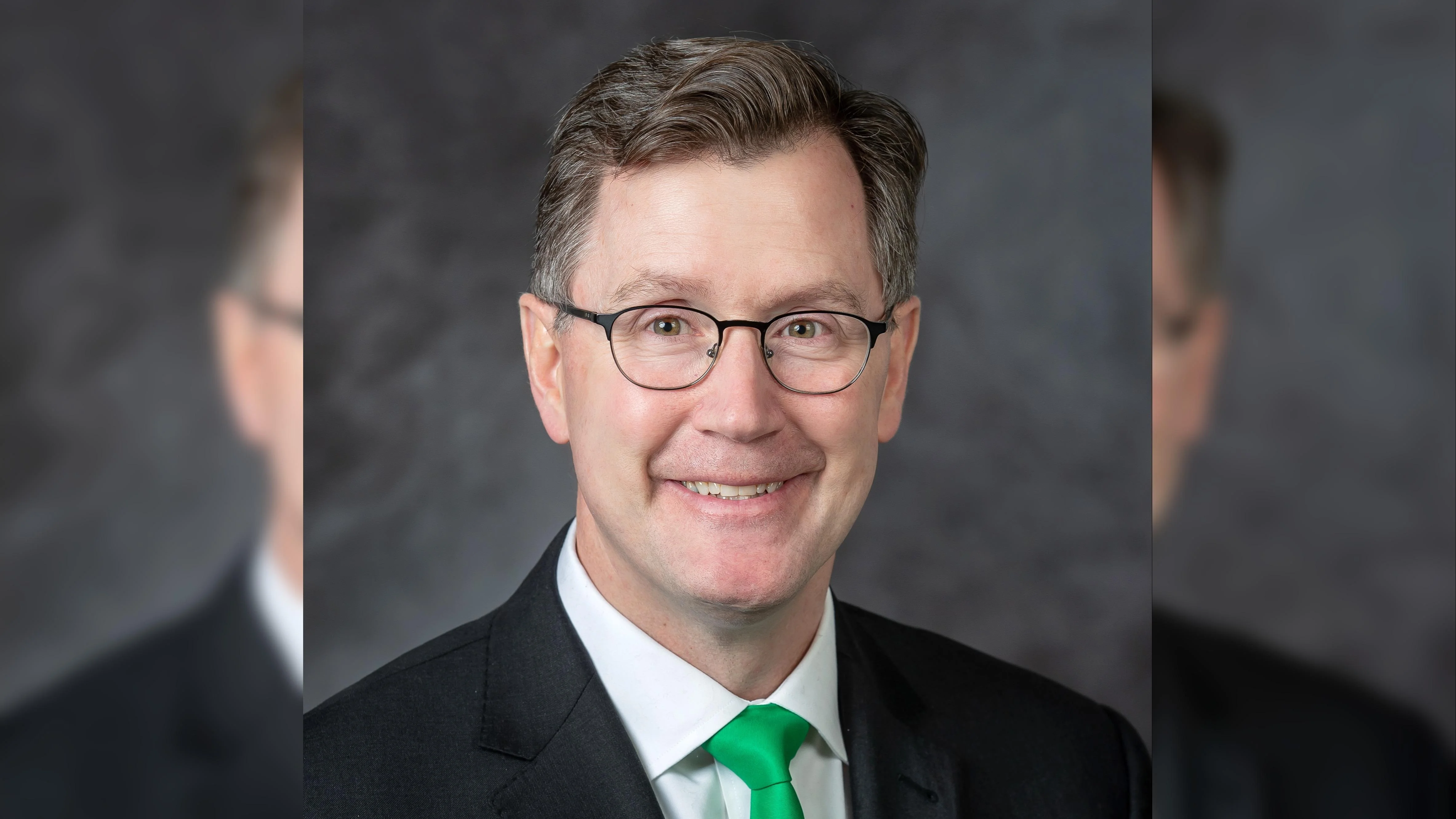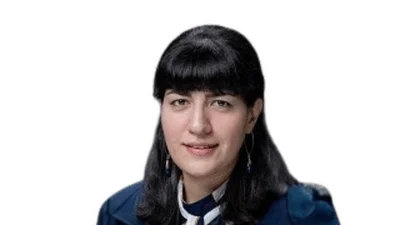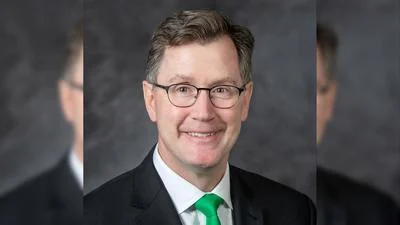Dr. Andrew Armacost, President | University of North Dakota
Dr. Andrew Armacost, President | University of North Dakota
The College of Nursing & Professional Disciplines at the University of North Dakota recently hosted a workshop focused on the importance of civility in academic and professional settings. The event featured Susan Luparell, a professor from Montana State University and fellow of the Academy of Nursing Education, who addressed faculty, staff, and students about how civility in the classroom can have long-term effects on professional conduct in health and human services.
“If students learn to be dismissive or disrespectful here, they’ll carry that with them when they graduate,” Luparell told CNPD at the workshop. “How we model and address behavior in the classroom directly influences how our students behave as professionals.”
Luparell referenced a 2019 national study she co-authored, which found that classroom habits often continue into professional practice, sometimes leading to negative outcomes. The study, published in “Nursing Education Perspectives,” reported that more than one-third of nurse educators had observed a student with a history of incivility become an uncivil nurse. Additionally, 71 percent of educators said they had graduated at least one student in the past year who, in their view, should not have graduated due to unprofessional conduct.
“Civility isn’t a soft skill,” Luparell added. “It’s a safety skill.”
The workshop was part of a broader initiative by the College to strengthen its culture and prepare its community for success. Maridee Shogren, dean of the College, explained that this effort aligns with the University of North Dakota's UND LEADS initiative. “In 2023, the CNPD launched a strategic planning process as part of the broader University of North Dakota UND LEADS initiative,” Shogren said. “As part of our Learning and Affinity core value goals, we committed to hosting workshops relevant to our three disciplines to address the critical role of civility in academic and professional environments.
“In a college of health professions, where we recognize the importance of civility between faculty, staff, students and the clients we serve, we felt this was the perfect time to come together for this important conversation.”
During the workshop, Luparell emphasized that behaviors such as eye-rolling, sarcasm, gossip, or disengagement can erode classroom culture and threaten educational goals. “When civility breaks down, it steals our joy for the work,” she said. “And once that happens, everything else begins to suffer.”
She described civility as the ethical backbone of professions like nursing and social work and encouraged faculty to foster environments where students help set and maintain expectations for classroom culture. “It’s not about rules,” she said. “It’s about ownership. When students help set the tone, they see that they’re responsible for maintaining it.”
Luparell also discussed her approach to giving feedback, linking it to the goal of helping students become safe and competent professionals. “Do you remember when you said you wanted to be safe and competent? This is part of getting there,” she said. “It’s not about scolding — it’s about supporting growth.”
The workshop concluded with a message that civility is not automatic but must be intentionally built and maintained by faculty and staff, who serve as role models for students. Luparell noted that the lessons learned in the classroom extend into the workplace, influencing how graduates interact with colleagues and clients in high-stress environments.
As dean of CNPD, Maridee Shogren agrees with this perspective.



 Alerts Sign-up
Alerts Sign-up